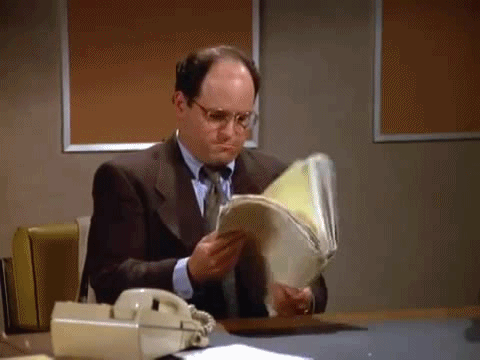You had me at "Almost no email"
I had come across a few pieces about the tech company Glitch, (formerly Fog Creek Software, one of the most innovative tech companies of the last two decades), but until recently had never actually explored around their site to try and see what was so unusual and refreshing about their approach to openness and transparency.
While their Employee Handbook has been the usual focus of articles that talk about just how different Glitch is, I found myself absolutely stunned into silence (and admiration) for this the paragraph below, buried as bullet point number three in a section called 'Working at Glitch'. And here is it:
- Almost no email. Most people at Glitch get fewer than a dozen email messages in a week from their coworkers. We use email for especially urgent company-wide alerts, and to work with people at other companies. For ordinary chat, we prefer to use Slack, and for lengthier conversations, we write out our ideas in full and share them for feedback and comment. It's common for people to come to work in the morning at Glitch and have no new emails in their inbox, and Inbox Zero is common enough that nobody even talks about it
I know, I know what you are saying - our company isn't a small, tech company and we can't operate on just a handful of emails per day. We have too many things going on, too many moving parts, too many people we have to deal with on a regular basis to ever function in the way Glitch seems to function. Besides, if 273 emails not sent just turn into the same number, if not more, pings on Slack, then what is the difference. Fair point.
But the other fair point I think, and one that is doubled-down on in the next 'Working at Glitch' bullet point titled 'We Respect Working Hours', is that Glitch has seemed to recognize that a barrage or onslaught of electronic messaging that you are expected to remain on top of all day long (and all night and weekend long too), is probably not the best way to create an inspired, engaged, and productive workforce.
It's so easy to default back to the way we have always done things, the way we are conditioned to do things. I would guess that at least some portion of the team over at Glitch arrived there from some other workplace where 24/7 connection and hundreds of emails per day were the norms. But I would also guess that many of these same people now can't imagine going back to that kind of an environment. Good luck, by the way, cold-calling someone like that and luring them back to the dark side.
Over time, and especially when things get really busy, I more and more send an email or a text almost begging that we stop emailing each other and just get on the phone. I am not sure all this email is doing us and our workforces the service it once did, back when we really thought for moment or too about sending the email in the first place.
There are lots of other interesting ideas over at the Glitch careers site. I recommend checking it out. If only to dream 'What if?' for a few moments.
Have a great day!

 Steve
Steve


